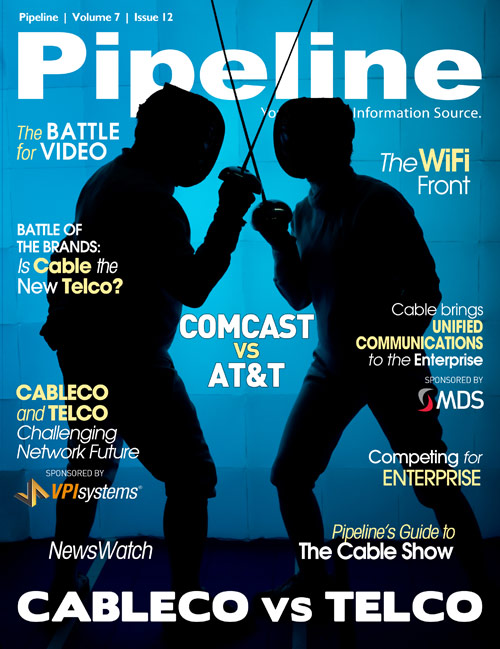This increases the complexity of the service delivery challenge: most existing IT environments are not built for convergent product sets that can be nomadically distributed over the multi-service network environment; order management and provisioning of bulk orders combine 'real-time'-oriented mobile elements and 'fault handling'-oriented fixed network elements; few suppliers of the Over The Top (OTT) application base offered as part of Unified Communications, with their licensed and priced item based products, are willing to agree to over 100 day payment terms that could potentially cause a negative cash balance between Accounts Receivables (A/R) and Accounts Payables (A/P); UC products are closer to IT solutions than network dial tone solutions, resulting in different SLA negotiations. Most business BSS environment reports are based on traffic converted to monetary reports. UC offerings to business customers need consolidated and holistic reporting to suit an enterprise organization.
 Figure 2: Exemplar Order-Cash-Care value chain for the Customer Lifecycle
Figure 2: Exemplar Order-Cash-Care value chain for the Customer Lifecycle
Transition to Convergence
Millions of dollars have been invested in existing IT environments that support a vibrant business. Transforming those environments to support convergent communications offerings for business customers is likely to introduce unbounded costs and place heavy demands on internal resource. Moreover, time to market will be slow, hampered by the necessary practice of regression testing against existing products and services. The risk of failure for such projects is typically very high.
However, there are alternatives to transformation that can address the challenges and add value to existing environments in parallel.
A Dedicated Platform Approach for Business Market Complexity
Similar to the Mobile Virtual Network Operator (MVNO) business model, the introduction of a standalone, Enterprise-ready O/BSS platform would offer many operational and IT advantages to the Cableco. In a highly competitive environment, such a platform would ensure fast time to value, enable the rapid introduction of business-focused products and services, drive cost-efficiency and control, and promote a significant reduction in business risk.
An Enterprise-class O/BSS platform must scale to millions of subscribers, enable business-user configuration, support Open Standards APIs for expansion to existing IT infrastructure and external systems, and deliver a differentiated business user experience through rich end-to-end functionality:
- Order capture solution that offers consistent presentation of multi-service products across available channels, including web shop, in-store point of sales, telesales, CRM, and direct sales
- Order management fulfilment and service provisioning engine that provides automated billing account set-up, network provisioning, third-party service provider integration, and parallel orchestration for bundled products and services
- Convergent mediation and rating engines that support the rapid introduction and management of sophisticated metered and bundled tariffs, priced items, and software licenses
- Consolidated and accurate billing that produces a single bill for all services
- Convergent CRM that supports hierarchical account structures, multi-level agreements and presents a single view of customers and products
- Online services that delivers e-Care, bill presentment and spend analytics tools for the end-user and Telecoms Manager
- Consolidated business reporting that addresses the end-to-end service delivery value chain, providing a unified view of business operations that includes systems, processes and resource
Flexible delivery model
The complexity of O/BSS service delivery begins with hosting and deployment, and extends to application management and back office administration, all of which require specialist support. Delivery of the platform on a hosted managed service model would enable the Cableco to leverage the resource and knowledge that is built into the service package. In addition, Service Level Agreements can help to ensure delivery against time and budget, and provide overall cost assurance.
As part of a longer-term strategy, the Cableco should consider the inclusion of a 'Build, Operate Transfer' option in the managed service agreement, allowing for a flexible migration of service responsibilities and eventual transfer of ownership to the Cableco, should that be preferred.




